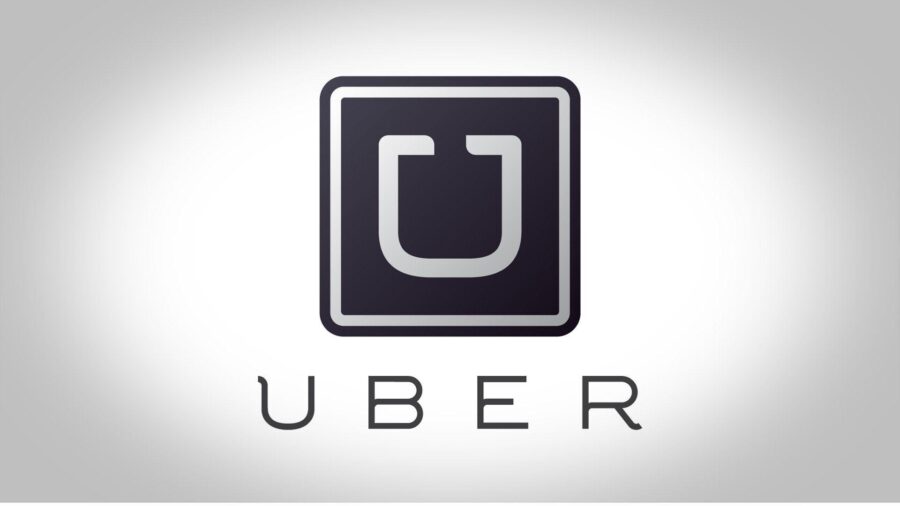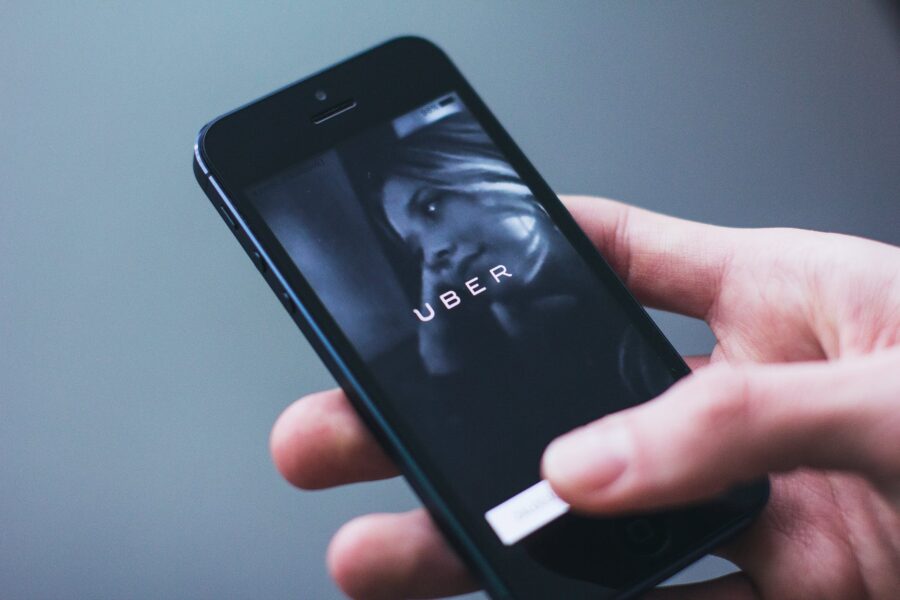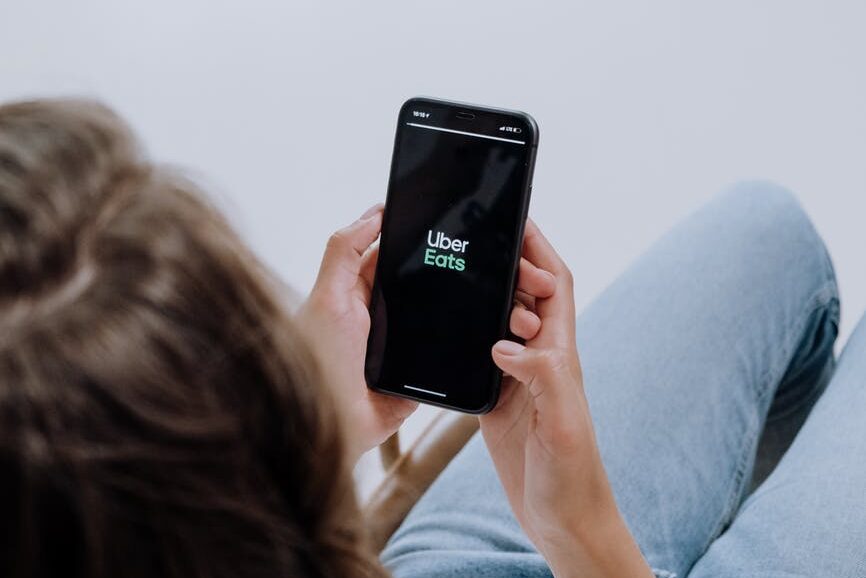Uber Caves To Pressure, Drivers Are Now Full Employees
According to a Supreme Court ruling in the United Kingdom, Uber drivers are now technically employees, as opposed to freelancers for the company.
This article is more than 2 years old

Uber drivers have dramatically changed the way we live. The app has updated the concept of taxi services, updated to allow food delivery, and even gives us the option to split trip fares. Uber even looks to also stake a claim in the air taxi business. Uber is a brilliant idea, and with such runaway success comes plenty change, growth, and legal battles.
After a recent UK Supreme Court ruling, Uber must treat its drivers in the United Kingdom as employees rather than self-employed workers. The BBC reports that the decision is likely to have a significant impact on the gig economy and will cost Uber a hefty portion of its compensation budget.
The debate over whether or not Uber should take on its drivers as full employees stretches back to 2016. In an employment tribunal, then-Uber drivers James Farrar and Yaseen Aslam maintained that they worked for Uber and that they were entitled to minimum wage and holiday pay. They won the case, and because of this victory, UK Uber drivers will now receive holiday pay, the national minimum wage, and paid breaks in between trips.

After this new victory, both Farrar and Aslam are celebrating again. “I think it’s a massive achievement in a way that we were able to stand up against a giant,” Aslam, who is now the president of the App Drivers & Couriers Union, said. “We didn’t give up and we were consistent – no matter what we went through emotionally or physically or financially, we stood our ground.”
Uber has repeatedly appealed against the decisions, with this recent Supreme Court ruling marking the end of an extended fight against the initial tribunal.
Elements considered in the court’s judgment included:
- Uber controlled the fares, thus determining how much a driver could potentially earn.
- Drivers had no say in contracts
- Uber penalizes drivers if they reject too many rides
- Uber’s star rating has great bearing on drivers’ continued employment with the company.
After considering each of those facts, the UK Supreme Court ultimately decided that Uber drivers should be treated as full employees and not self-employed workers.

Travis Kalanick and Garrett Camp founded Uber – initially called Ubercab – in 2009, with Ryan Graves becoming their first employee in 2010 before landing the position of CEO and then Chief Operating Officer. Camp and Kalanick started the company because they wanted a more affordable, more efficient alternative to direct transportation. They had just spent $800 on a private driver and saw a need for change in the transportation space. Because Camp initially came up with the concept of Uber and helped shape it into what it is today, Kalanick gave Camp “full credit for the idea.” As of August 2017, Dara Khosrowshahi is the current CEO.
While it’s unclear when these changes will be set into motion for Uber drivers, the shift will likely be massive for Uber’s way of doing business. In the United States,’ Uber’s share price dipped after the announcement, as some see the possibility this change could make its way across the ocean. Yet giving Uber drivers some benefits with this change is a step forward for those who utilize the gig economy as a way to make their living.











